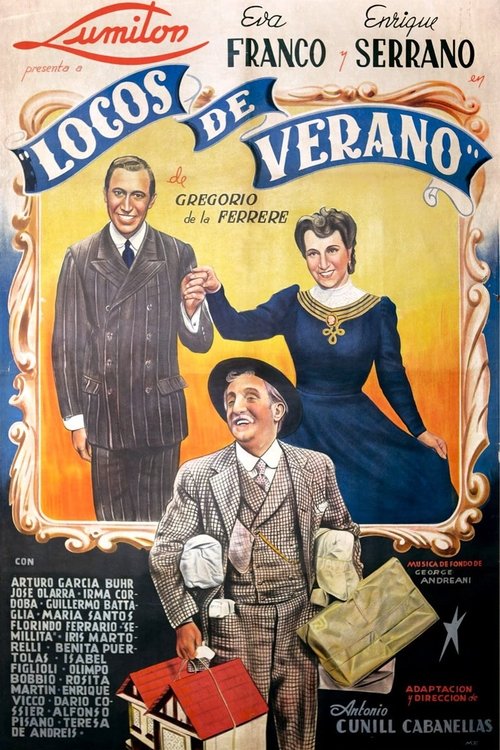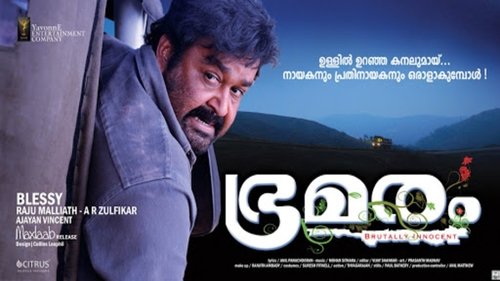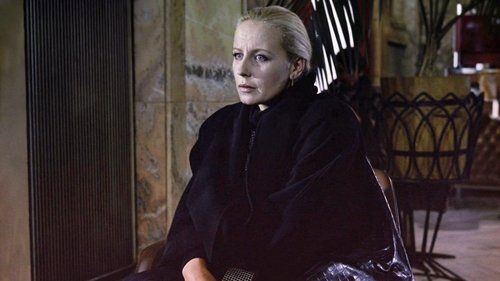Informações
Sinopse:
Duração: 01h09m
Data de lançamento: 25 de fevereiro de 1942
Genêros: Comédia.
(1 votos)
?
?

Sinopse:
Duração: 01h09m
Data de lançamento: 25 de fevereiro de 1942
Genêros: Comédia.

Unni, an affluent stockbroker, lives a happy life with his family until he is greeted by a surprise visitor, who is his childhood friend.

Na intenção de concluir a missão ainda inacabada, a bela e perigosa máquina mortífera T-X é enviada para matar John Connor, líder da resistência humana contra as máquinas da Skynet. Para protegê-lo mais uma vez o ciborgue T-800 volta à cena.

Kowalski recebe a missão de levar um Dodge Challenger 1970 de Denver, Colorado, até São Francisco, na Califórnia, e aposta com um amigo que completará o serviço em menos de 15 horas. Viajando em alta velocidade, ele logo torna-se alvo da polícia, mas passa a ser auxiliado por Super Soul, um radialista cego que acompanha a comunicação entre os policiais.

Do perito em animação Peter Chung (The Animatrix, "Matriculated"; Æon Flux) chega-nos As Crônicas de Riddick: Fúria Negra uma nova e extraordinária aventura inscrita na saga The Chronicles of Riddick. Capturado por um bando de caçadores de recompensas, Riddick é obrigado a lutar contra um corpo imparável de forças especiais e contra criaturas horrendas. Entre a vida e um destino bem pior que a morte, Riddick só pode contar com a sua implacável aptidão para o combate e a sua acuidade visual nocturna. Uma arrepiante viagem ao mundo da ficção que mistura as histórias de Eclipse Mortal e The Chronicles of Riddick.

O embaixador japonês está visitando Marselha para conhecer as táticas anti-gangs da polícia local. Durante a visita, entretanto, ele é seqüestrado por um grupo que está trabalhando para a Yakuza. O jovem oficial Emilien está determinado a resgatar o embaixador e a oficial Petra (sua namorada), que também foi seqüestrada, e restaurar a honra para seu departamento. O louco e veloz motorista de táxi, Daniel, é chamado para salvar o dia e ajudá-los com sua habilidade em dirigir em alta velocidade.

Dois contos de terror baseados em contos de Edgar Allan Poe, dirigidos pelos famosos diretores de terror George A. Romero e Dario Argento. Uma esposa gananciosa mata seu marido, mas não completamente; um repórter desprezível adota um estranho gato preto.

Dorota Geller, a married woman, faces a dilemma involving her sick husband's prognosis. Her husband's doctor, who believes in God, sweared about it in vain.

Em 2018, após o apocalipse que colocou em confronto homens e robôs, John Connor tornou-se o líder da resistência humana contra a Skynet e o seu exército de Exterminadores. Mas a sua visão do mundo é posta em crise pelo aparecimento de Marcus Wright, um estranho que só se lembra de estar no corredor da morte. Connor tem de descobrir se Marcus foi enviado do futuro ou se é um sobrevivente do passado. Enquanto a Skynet prepara o ataque final, Connor e Marcus embarcam numa odisseia que os levará ao coração das operações da Skynet. Aí descobrirão o terrível segredo por detrás do plano de aniquilação de toda a humanidade...